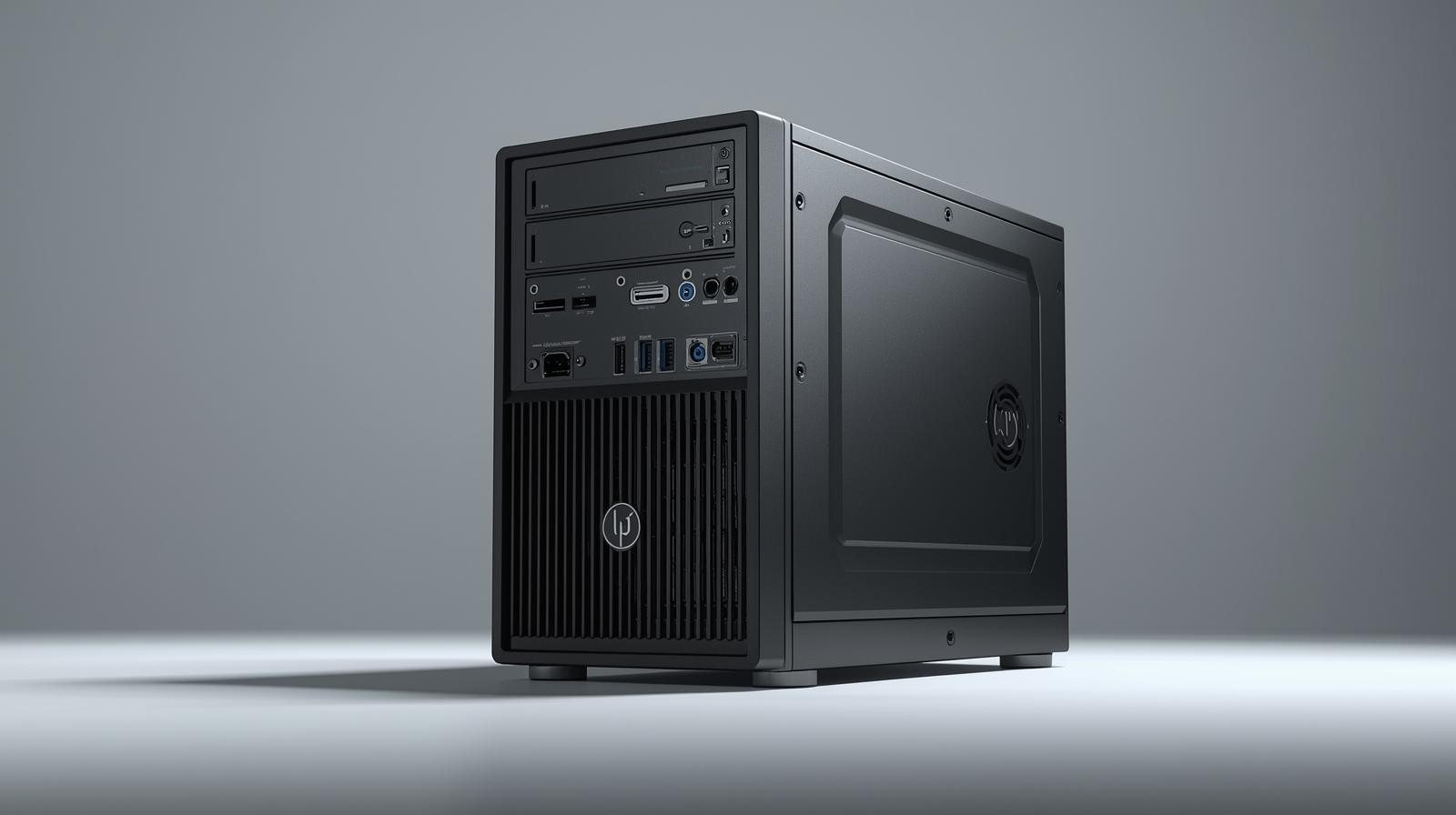Industrial PCs: The Backbone of Modern Smart Manufacturing

As industries move rapidly toward automation, real-time monitoring, and data-driven operations, the Industrial PC (IPC) has become one of the most essential pillars of modern manufacturing. In 2025, the global demand for IPCs continues to rise, driven by the expansion of Industry 4.0, Industrial IoT (IIoT), robotics, and advanced process control systems.
Industrial PCs are purpose-built computers engineered to operate in harsh environments where traditional consumer PCs cannot function reliably. These systems are designed to withstand extreme temperatures, dust, vibration, humidity, and electrical noise commonly found in manufacturing plants, oil & gas operations, transportation hubs, and power facilities. Their rugged design ensures consistent performance, minimal downtime, and 24/7 reliability — critical for industries where even minutes of system failure can lead to enormous production losses.
One of the strongest trends shaping the IPC market today is the integration of edge computing capabilities. Modern industrial PCs are no longer just control units; they now act as intelligent edge devices capable of processing complex data in real time, right at the source. This reduces latency, enhances decision-making, and minimizes the dependency on cloud servers. For applications such as predictive maintenance, machine vision, robotic automation, and energy management, edge-enabled IPCs are becoming indispensable.
Another major driver is the evolution of fanless and compact IPCs, built with solid-state components and passive cooling. These designs reduce mechanical failure, improve energy efficiency, and allow installation in tight industrial spaces such as control cabinets or machinery enclosures. Fanless IPCs are especially popular in food processing, pharmaceuticals, and semiconductor manufacturing, where contamination control is crucial.
Download PDF brochure -https://www.marketsandmarkets.com/pdfdownloadNew.asp?id=169907425
The rise of AI and machine vision is also transforming the demand for high-performance IPCs. Industries now require advanced graphical processing capabilities to support inspection systems, defect detection, quality analysis, and autonomous operations. Many IPC manufacturers are integrating GPU acceleration, AI frameworks, and support for real-time operating systems (RTOS) to help factories achieve higher levels of automation and accuracy.
Connectivity is another critical focus. Modern IPCs are equipped with a wide range of industrial communication protocols such as EtherCAT, Modbus, PROFINET, and CANbus, enabling seamless integration with PLCs, SCADA systems, sensors, actuators, and robotics. As factories adopt more connected architecture, IPCs serve as the central control hub enabling interoperability across devices and systems.
Cybersecurity is emerging as a priority as well. With increasing connectivity, IPCs are becoming potential targets for cyber threats. Leading manufacturers are implementing secure boot technologies, hardware-level encryption, and advanced monitoring features to safeguard industrial networks from unauthorized access.
According to market analysts, the global Industrial PC market is expected to grow steadily in the coming years, supported by investment in digital transformation, smart factories, energy automation, and intelligent transportation systems. Regions such as Asia-Pacific and North America are witnessing strong growth due to rapid industrial expansion and the adoption of smart manufacturing practices.
In an era where operational efficiency, reliability, and intelligence are crucial, Industrial PCs play a central role in enabling smarter production lines and resilient industrial operations. As industries evolve, IPCs will continue to advance with greater processing power, improved ruggedness, and deeper integration with emerging technologies.

